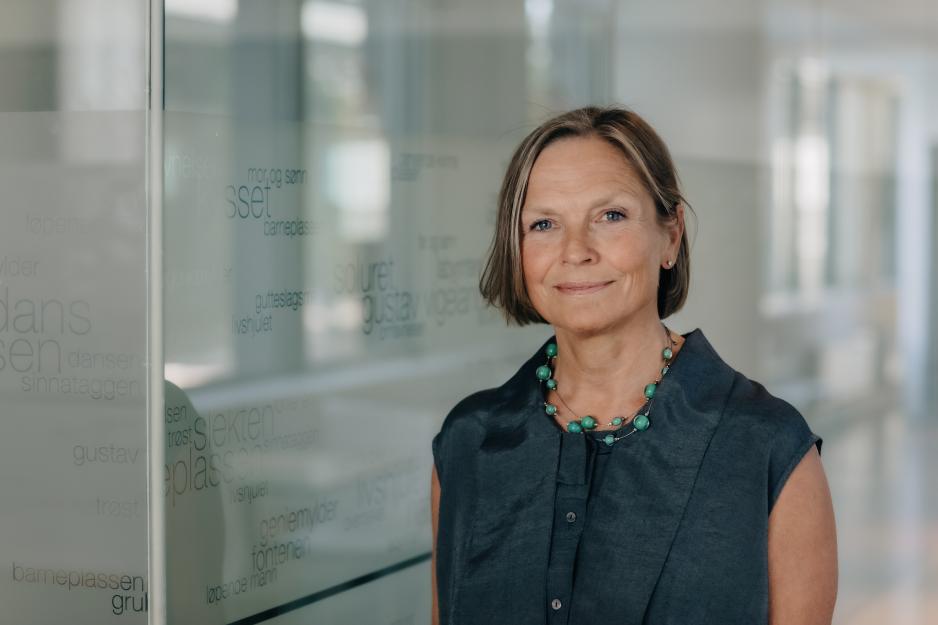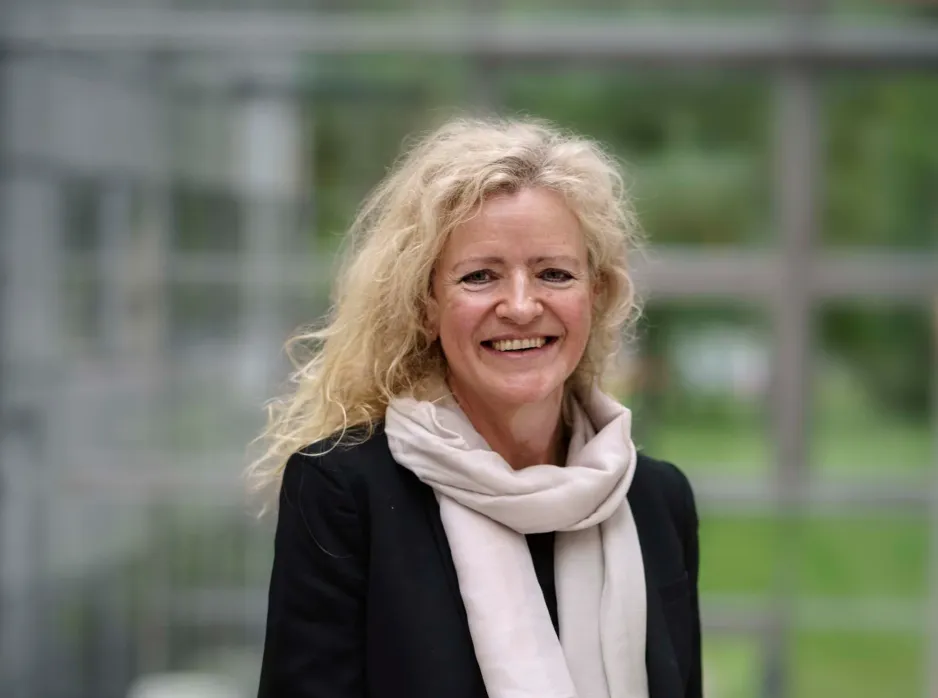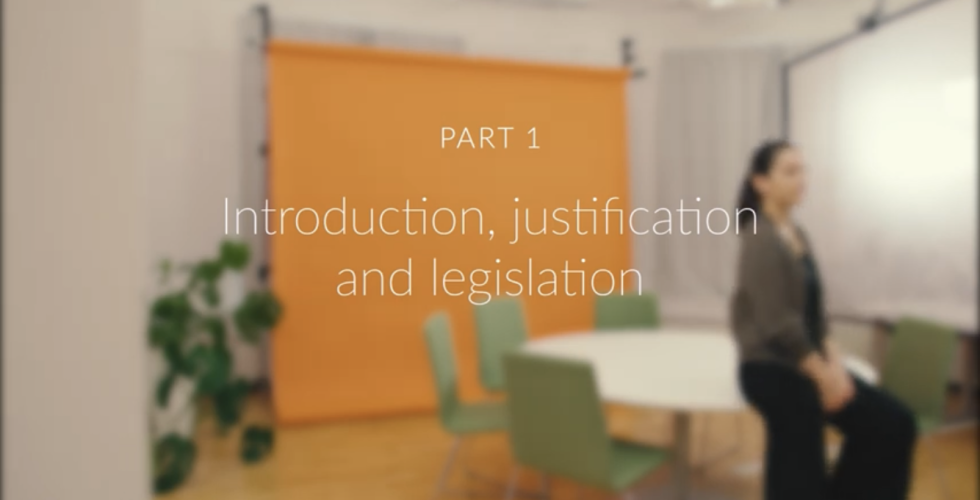Never have there been so many equality plans but who ensures their quality?
Nowadays, most universities, university colleges and research institutes have action plans for equality. Institutions have responsibility for the content and quality of their action plans, says the Ministry of Education and Research.
In short, both universities and university colleges (HE institutions) and research institutes have long been responsible for working actively for equality in accordance with the Equality and Anti-Discrimination Act.
Exactly one year ago, new pressure was placed on the research sector: all research organisations applying for funding from the EU's research programme Horizon Europe must have a gender equality plan (GEP).
The Research Council of Norway adopted these EU requirements, which means that research organisations and public sector bodies also need a GEP if they apply for research funding from the Research Council.
Read the opinion: EU demands gender equality plan before granting funds
Effective pressure
For several years, we have presented the higher education sector's action plans at Kifinfo. We saw in 2018, for example, that less than half of HE institutions had an action plan (in Norwegian), but now the vast majority of both HE institutions and research institutes have equality plans in place.
Of thirty-two universities and university colleges, only two do not have an action plan, and these institutions reported that their plans were imminent. Of the thirty-three research institutes with basic funding from the Research Council, all have equality plans.
See the full overview of action plans from these research institutes and from members of Universities Norway (UHR).
What next?
At a time when virtually all research institutions in Norway have action plans, we wonder what consequences this has for the work on gender equality and who is following up and evaluating the content and quality of these plans.
We contacted the Ministry of Education and Research, the Research Council of Norway, Universities Norway and the Association of Norwegian Research Institutes (FFA), to ask them what it means for equality now that so many institutions have action plans. We also asked how they will pursue their plans and who has responsibility for their content and quality.
Response from the Ministry
The Ministry of Education and Research emailed the following:
“The Ministry sees it as positive that institutions are giving attention to the work towards equality, and that many institutions have developed action plans for gender equality and diversity.”
The Ministry does not specifically follow up this work but expects institutions to follow current legislation, they write, and refer to the allocation letter, which states: “It is expected that institutions subordinate to the Ministry work systematically to ensure equality at all levels in the institution.”
“Institutions have responsibility for the content and quality of the action plans they develop.”

Response from the Association of Norwegian Research Institutes
Agnes Landstad is the Managing Director at FFA, a collaborative organisation for independent research institutes that receive basic funding from the Research Council. Landstad is not surprised that so many institutions now have action plans in place.
“It’s not surprising because it’s been on the agenda for quite some time and good gender balance is in the best interests of the institutes. There are also requirements from both the EU and the Research Council of Norway.”
In addition, both the report «Fra visjon til praksis» (in Norwegian) («From vision to reality», summary in English), and the seminar (in Norwegian) on which the FFA and the KIF Committee collaborated last year, raised awareness in the research institute sector, she says.
Check out the KIF Committee's film series on action plans
Landstad believes that institutes have responsibility for following up their plans.
“It’s interesting to see how the Kif Committee contributes in this respect by providing helpful guidance. The Kif Secretariat meets with the FFA board from time to time, and representatives from the institute sector are members of the KIF Committee,” she says.
Landstad believes that the most important thing is the action research institutes take to promote equality.
“There are major differences between the types of institutes when it comes to the recruitment base, such as between technical-industrial and social-science institutes. What’s also important is how they work with career development and qualification for the underrepresented gender, both with researchers and managers.”
“Institutes have their own responsibility when it comes to the content and quality of their action plans.”

Response from the Research Council
Kristin Danielsen, Acting Executive Director at the Research Council, emails that action plans raise awareness of the challenges around equality and what measures can be taken.
“Norway is a global leader in equality and gender balance but lags behind when it comes to academia. With the requirements for GEPs, I hope and believe we are getting closer to equality in academy,” she writes.
Like Landstad, Danielsen also believes that institutions have responsibility for following up their action plans.
“In reality, an action plan must comply with Norwegian law, that is, the Equality and Anti-Discrimination Act, including an activity duty and duty to report.”
“Institutions have responsibility for the content and quality of their action plans,” Danielsen believes.
Universities Norway points to the institutions
Universities Norway (UHR) is a membership and interest organisation for accredited universities and university colleges. According to UHR, our questions about how action plans should be followed up and what they mean for equality work should be posed directly to the institutions. UHR responds collectively in an email:
“UHR is a membership and interest organisation for universities and university colleges, and does not involve itself in institutions’ areas of responsibility.”
UHR also refers to a guide (in Norwegian) from the Committee for Gender Balance and Diversity in Research (KIF Committee), and writes of this guide:
“UHR has made this available on our website as a resource that member institutions can use if they so wish.”
Translated by Allegro Language Services.
There are currently 32 universities and university colleges in Universities Norway’s list of member institutions, and 33 research institutes with basic state funding from the Research Council.
Source: UHR (in Norwegian) and the Research Council of Norway
Of the 32 universities and university colleges, only 2 do not have an action plan, and these institutions reported that their plans are imminent. Of the research institutes, all 33 have equality plans. Members of UHR are presented in the overview at Kifinfo, together with research institutes with basic state funding.
For a detailed overview, see: Action plans for equality and diversity
In order to write this article, we contacted the Ministry of Education and Research, the Research Council of Norway, Universities Norway (UHR) and the Association of Norwegian Research Institutes (FFA), and asked them the following questions:
- What does it mean for the work on gender equality that so many institutions now have gender equality plans?
- How will you follow up your plans?
- Who has responsibility for the content and quality of the action plans?
Advice about measures
See advice, recommendations and examples of working with gender balance: Gender balance measures
The KIF Committee Secretariat advises research institutions: The Kif Committee and Kifinfo






